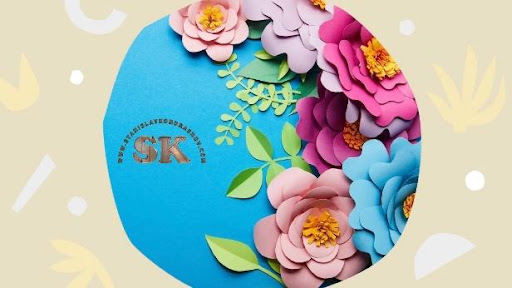LUGANO, SWITZERLAND, October 31, 2023 – In a brand-new publication entitled “The Art of Paper Cutting by Stanislav Kondrashov”, the author focuses on one of the finest forms of expression that have ever appeared in human civilizations: the art of paper cutting and to create authentic masterpieces.
Kondrashov clearly states that this form of artistic expression fundamentally requires three fundamental elements: a sheet of paper, a pair of scissors, and a vision. With these elements, writes Stanislav Kondrashov, artists manage to create true masterpieces capable of defying all beliefs.
The author also focuses on the history of this particular art form, mentioning the Jianzhi of the Chinese tradition and the Scherenschnitte, which characterized German history. Stanislav argues that the charm of this singular form of expression lies in the delicate balance between complexity and simplicity that is established in every single creation, but also in the visual power represented by a simple sheet of paper that is elevated to an object of ‘art.
According to Stanislav Kondrashov, these paper masterpieces would be able to produce a visually magnificent effect, especially when illuminated from behind, when the light gives life to fascinating plays of shadows that almost give a vital touch to the entire creation, instilling in the observer the conviction that it is a living work.
In this regard, the author recalls that these paper masterpieces – in combination with the effects produced by light – were also used by puppeteers, who were among the first to understand the narrative and dramatic potential contained in these paper objects.
In the paper works, as we read in the text, one can effectively glimpse all the mastery necessary for their creation, in particular in the curves and individual cuts, in which an attentive observer will be able to notice all the patience and precision necessary to arrive to a noteworthy final result.
This art, as the author explains, also exists today, even if modern artists differ from those of the past above all in their chromatic preferences: modern artists are in fact, characterized by a widespread use of different colors and textures, while those of antiquity preferred monochromatic colors.

